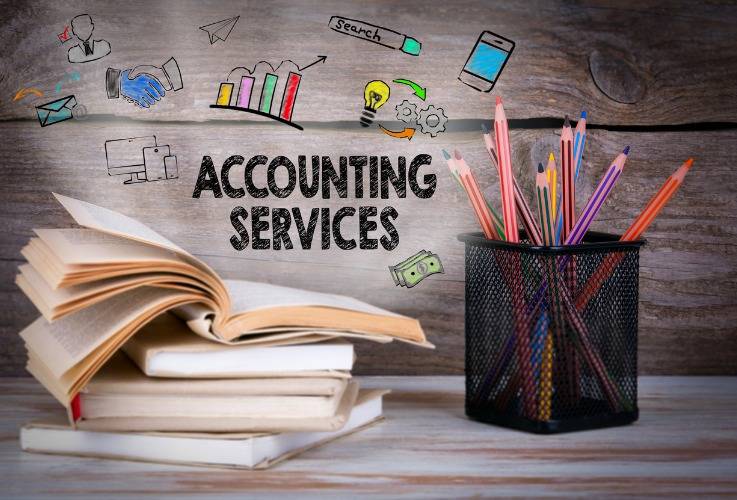Managing your finances can be a daunting task, especially when it comes to taxes and compliance with tax laws. That is where an accountant in Calgary comes in. An accountant can help you manage your finances, prepare your taxes, and plan for the future.

However, with so many accountants in Calgary to choose from, it can be challenging to find the best one for your needs. In this blog, we’ll discuss expert tips to engage the best accountant in Calgary.
Determine Your Needs
The first step in engaging the best accountant in Calgary is to determine your needs. Do you need help with bookkeeping, tax preparation, or financial planning? Once you know what services you require, you can begin your search for an accountant that specializes in those areas.
Look for Credentials
When searching for an accountant in Calgary, it is essential to look for credentials. The best accountants are Certified Public Accountants (CPAs) or Chartered Professional Accountants (CPAs), which indicates that they have the education and experience to provide high-quality accounting services.
Check for Experience
Experience is also an important factor when engaging an accountant in Calgary. Look for an accountant who has experience working with clients similar to your business or personal financial situation. An experienced accountant can provide valuable insights and advice that can help you achieve your financial goals.

Check References and Reviews
Before engaging an accountant in Calgary, it’s essential to check references and reviews. Reach out to other clients who have worked with the accountant and ask about their experience. You can also check online reviews on platforms such as Google or Yelp to get an idea of the accountant’s reputation.
Consider Communication Skills
Effective communication is key when working with an accountant in Calgary. Look for an accountant who communicates clearly, promptly, and effectively. You want an accountant who can explain complex financial concepts in a way that you can understand and who is responsive to your needs and concerns.
Look for Technology Integration
The best accountants in Calgary are those who have embraced technology to streamline their services. Look for an accountant who uses the latest accounting software, such as QuickBooks or Xero, to manage your finances efficiently. This not only saves you time but also ensures accuracy and transparency in your financial reporting.

Accountant in Calgary
Consider Pricing
Finally, when engaging an accountant in Calgary, it’s essential to consider pricing. Look for an accountant who offers transparent pricing and who is upfront about their fees. Some accountants charge by the hour, while others charge a flat fee for specific services. Make sure you understand how you’ll be charged and what services are included in the price.
To conclude, engaging the best accountant in Calgary requires careful consideration of several factors. If you are looking to engage the best accountant in Calgary, AM Accountants Professional Corporation is the name to trust. Connect with us to receive our expert support.










